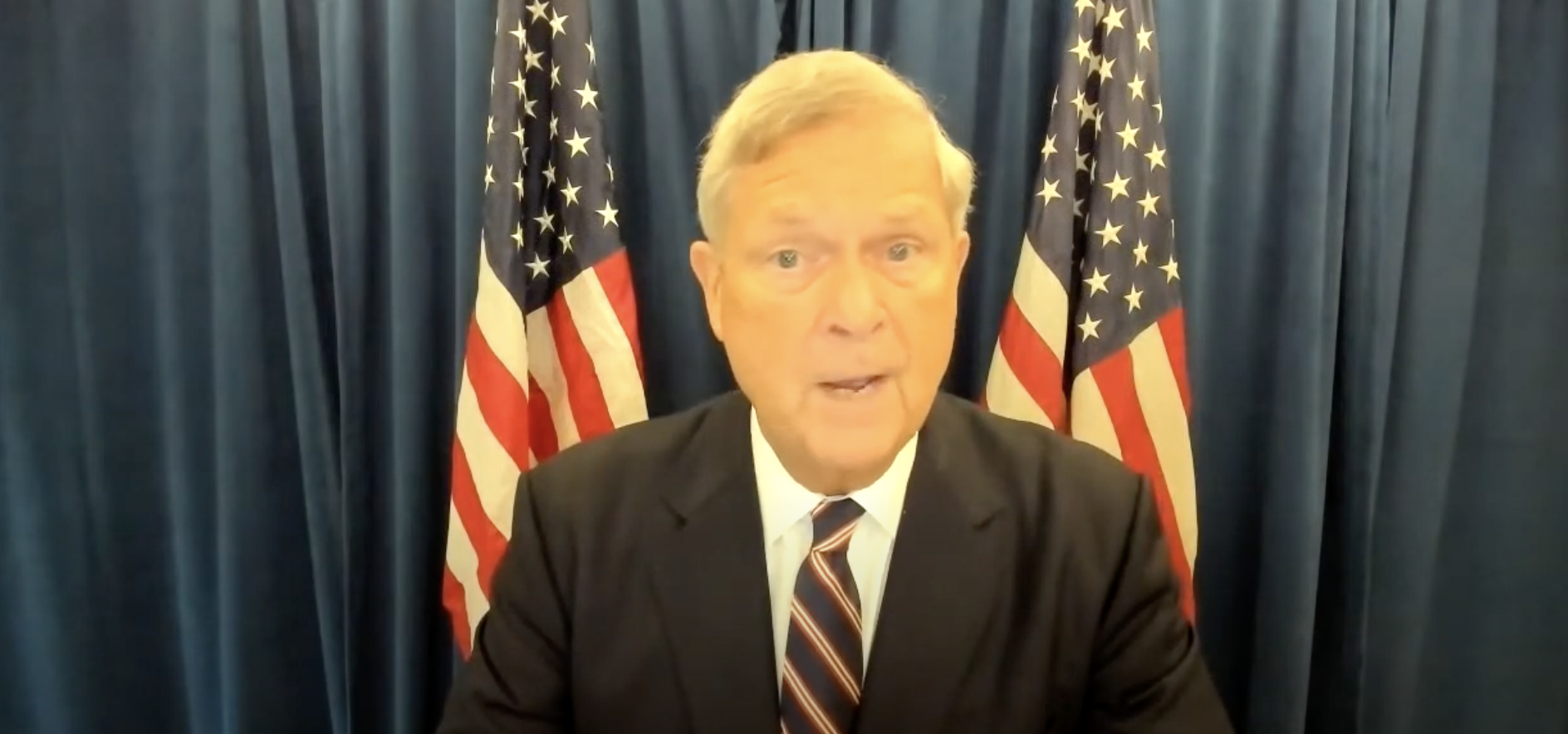
- Details
- By Chez Oxendine
- Food | Agriculture
A pair of new federal programs aim to help improve land access and cultivate new leadership among producers from underserved populations.
The U.S. Department of Agriculture on Wednesday morning announced a $300 million investment for “Increasing Land, Capital, and Market Access,” a grant program intended to broaden the use of USDA initiatives, land purchases and access to credit, a chronic problem in Indian Country. Applications for the program close on Oct. 28.
“Land access, heirs’ property, affordable credit and access to reliable markets — along with consistent access to help from well-trained experts — are essential to strengthening our communities,” Agriculture Secretary Tom Vilsack said during a live-streamed presentation Wednesday morning.
Vilsack also announced a $250 million investment in “From Learning to Leading: Cultivating the Next Generation of Diverse Food and Agriculture Professionals,” a program that seeks to build the next generation of agriculture leaders. The program invites applications from 1890 land-grant institutions, 1994 land-grant institutions, Alaska Native-serving institutions, Native Hawaiian-serving institutions, and certified Hispanic-serving and Insular Area institutions in U.S. territories. Applications close on Oct. 25.
“These funding opportunities are historic and part of USDA’s unwavering commitment to advancing equity for all, including people who have been underserved, marginalized and adversely affected by persistent poverty and inequality. When we address longstanding inequities, our entire country benefits,” Vilsack said. “USDA is equally committed to partnering with minority-serving institutions to establish exciting and fulfilling pathways for Next Generation leaders to have careers in agriculture, nutrition, food, development and in the federal government.”
The initiatives stem from Section 1006 of the American Rescue Plan Act. Since the act’s passage in 2021, the USDA has enacted multiple equity initiatives, including an attempt at farm debt forgiveness for socially disadvantaged farmers that later became entrenched in litigation. The recently passed Inflation Reduction Act includes a broadened version of that debt forgiveness alongside technical assistance and outreach programs, although the USDA has yet to define some of the language used in the bill.
Additionally, the department appointed an Equity Commission to advise on equity policies, which aided in constructing the Equity Action Plan released in February 2022.
“We know that this important work must continue and must expand...we understand that this important work must be done thoughtfully, and without delay,” Vilsack said. “Make no mistake: The transformational work ahead, while crucial, will not be easy, nor should it be. Change, positive change, never is.”
